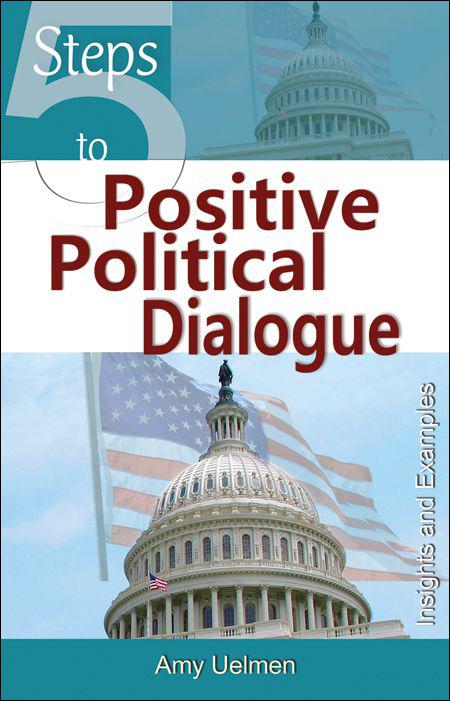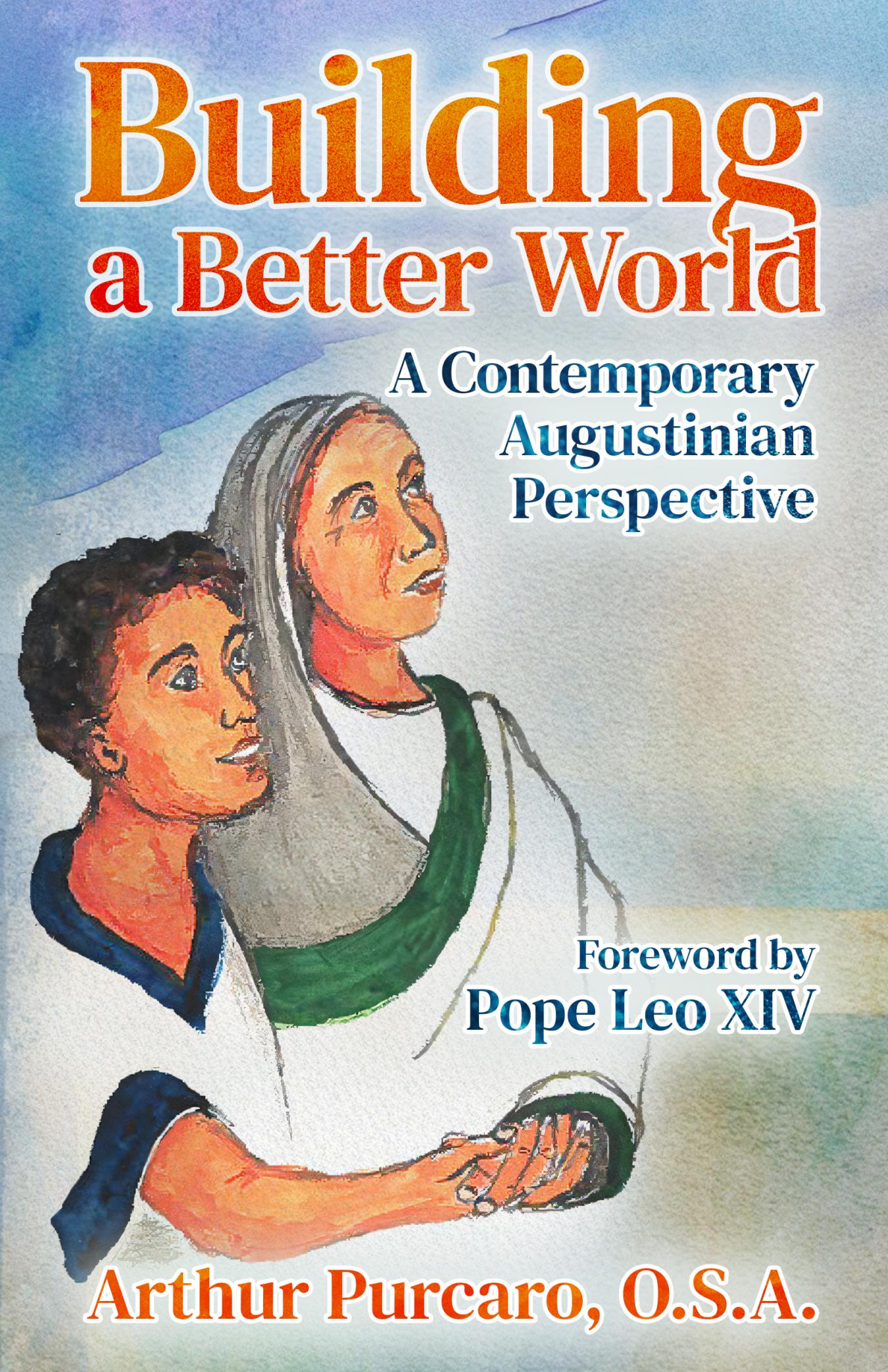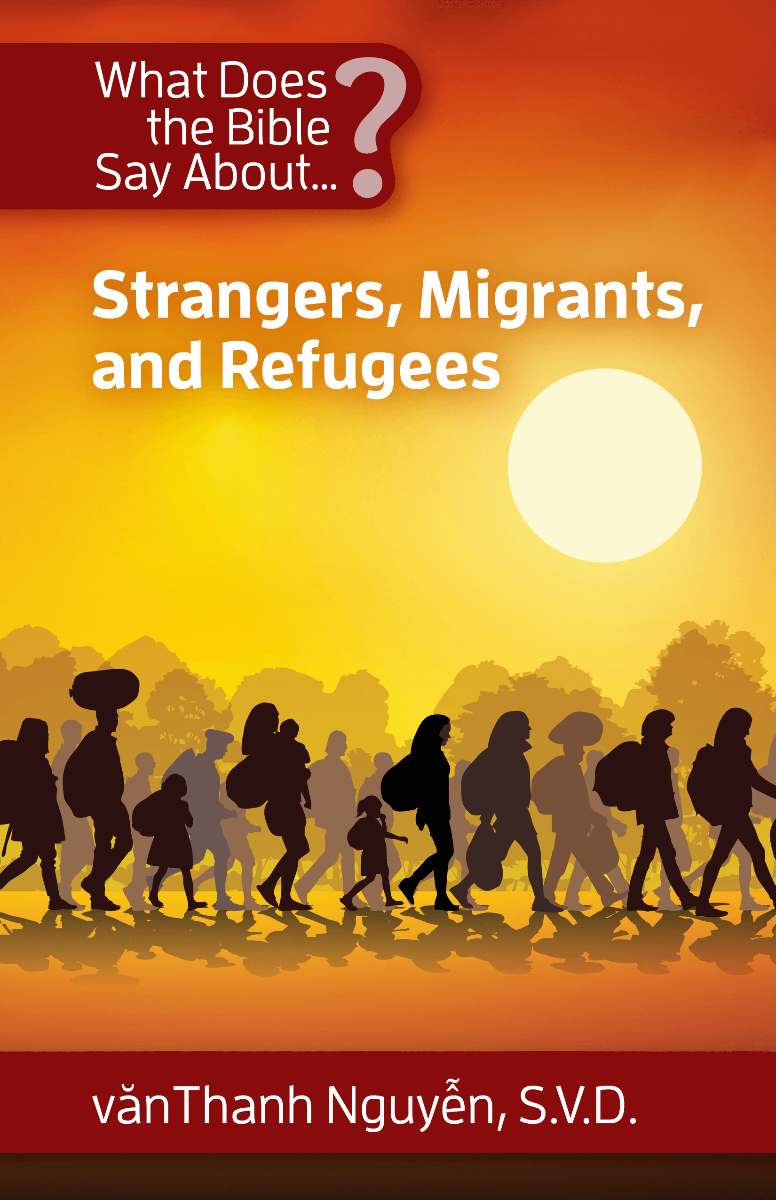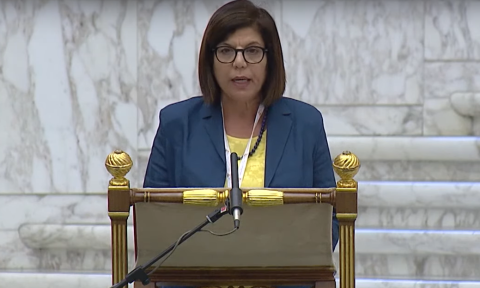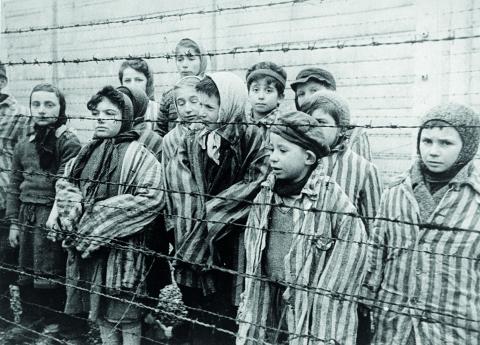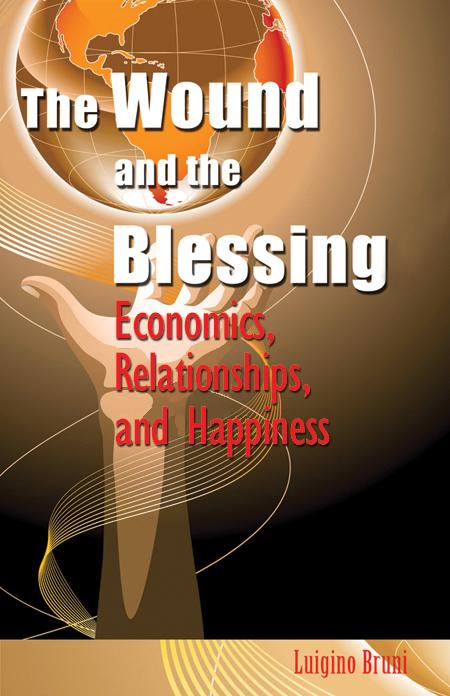
The Wound and the Blessing
About the book
The crisis that market societies are undergoing is essentially a crisis of relationships. It originates in the illusion that the market, through the actions of an “invisible hand” operating in impersonal market relationships, can present us a good common life exempt from the possibility of being wounded by the other.
Luigino Bruni offers an authoritative and innovative look at the cultural and anthropological premises underlying contemporary market economies and their promises. He suggests that the market has betrayed its promises and points out the need for balancing the increasing tendency toward isolation with the human need for relationships.
Bruni proposes gratuitousness – free and open reciprocity, quite different from altruism – as a means of maximizing the benefits of the market (and the equality and freedom that market contracts propose) without losing the joy that comes from putting the relationship with the others in the market as the primary good.
Endorsements
Luigino Bruni is one of the few scholars with both the knowledge and courage to seek to integrate the humanities and social sciences. He has written a stimulating and thought-provoking book that is well worth reading.
What is most remarkable about Bruni’s book is its refusal to romanticize social relations – they are at once necessary to human happiness and a source of human sorrow and pain. One of the attractions of market exchange is its impersonal nature, but a market economy cannot by itself promote human happiness. Bruni proposes neither a utopian dream of universal brotherhood nor a libertarian values-free market. Instead, he sketches a framework within which we may more carefully identify the respective roles of state and market in a social order in which social relations are recognized as central.
The Wound and the Blessing is the kind of work that is urgently needed … Bruni wants to affirm relatively free markets, but do it by placing them in the larger context of, and operate them for the benefit of, the inherently relational character of human life, including acknowledging the risks – the “wounds” – that come with those relationships … Bruni’s argument ignores (and transcends) more American ways of framing these issues, and lays bare the “traps” in both free market (largely Republican) and social equity (largely Democratic) approaches … because both have been trapped in the narrow box of Modern individualism. Bruni’s work is a contribution to [the emerging asset-based community development] movement to re-think not only economics, but more deeply, how we understand human
[Bruni] sheds considerable light on how our “business relationships” became so separate, and less real, than our private relationships … he does not reject the notion of markets and contracts; what he rejects is the arbitrary extension of market relationships into all arenas of life, like healthcare and education. The market must make way for gratuitousness. Bruni calls for a return to the Italian tradition of “civil economy” (as opposed to the dominant tradition of “political economy”), in which he locates his own work, because it associates economics with happiness instead of wealth. Bruni proposes a theory of happiness based in relationship: “one cannot live a ‘good life’ unless with and thanks to others.” This theory points to what is known as the “paradox of happiness” emerging from recent economic research. The paradox of happiness asserts that happiness depends on genuine relationality, which makes reciprocity, and the potential for being wounded by others – gratuitousness – absolutely essential. Once people have enough income to live decently, their relational well-being becomes the primary source of their happiness.
Bruni recognises the paradox of community "it consists of wounds and blessings, and this is no less true of our economic relationships. The key to success is to ensure that the ‘other’ ceases to be faceless… a good policy is one that can mediate reciprocity without preventing people from encountering each other out of fear, otherwise the ‘embrace’ of the other is lost" (p110) … Bruni appears to be an advocate for market capitalism on a human scale. Retaining the humanity at the heart of our economic relationships will not prevent us from getting hurt, but it will contribute to a recovery of community … A difficult and specialist read, ably translated from its first publication in Italian in 2007.
Pope Benedict’s encyclical, Caritas in Veritate … was well grounded in a sophisticated economic theory and practice ... Bruni’s important and accessible short book, The Wound and the Blessing: Economic, Relationships and Happiness, not only explains the significant workings of gratuity and gift, economically and socially, he (and the school of thought which he represents) provide a refreshing and provocative alternative to the current economic orthodoxy which seems less and less convincing … Bruni traces the origins of our current understanding of the market and the economy in terms of what he calls ‘immunitas’. That is basically a set of structured exchange relationships designed to protect us against risk and against each other. The alternative, ‘communitas’ … recognizes the centrality of relationships – their capacity to ‘wound’ (when risks don’t work out) and bless (when the common good is developed and human flourishing is made more secure) … [Bruni] draws parallels between the classical characterizations of love: Eros, Philia and agape, and the sort of relational exchanges (economic as well as personal) they produce. This allows him to explore the idea of ‘the joyless economy’ – and economy which denies reciprocity/gratuity and therefore denies the human because the other is reduced to a ‘thing’ (the erotic narcissistic economy where there is effectively no relation except “I/I”) … Although The Wound and the Blessing is a relatively short book, it provides much to think about and discuss.
University of San Francisco


